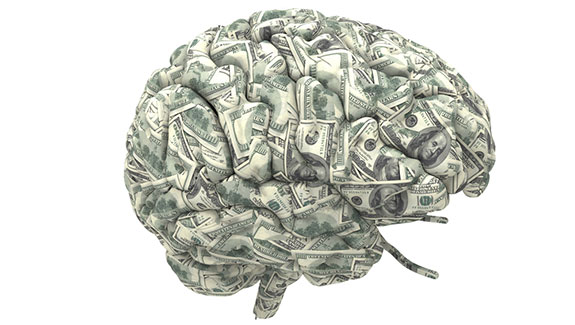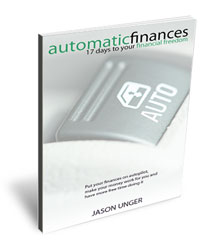
How much does it really matter how you spend? Is there really a big difference between using cash, debit cards, credit cards, or smartphone payment apps?
You know that we recommend using a debit card for purchasing, since it gives you all the convenience and almost all of the same security as a credit card, but takes real money out of your bank account (instead of racking up a bill that you have to pay at the end of the month).
There’s an interesting article from Psychology Today that breaks down the consumer psychology of spending using a credit card vs. cash, and it shares three key points:
- Paying with a credit cards is less painful than paying with cash. So shoppers spend more money.
- Credit card users not only spend more, but they also purchase more unhealthy things.
- Those who pay with cash enjoy a better relationship with their purchased products.
The first point seems a bit obvious — when you spend with a credit card (and, to the same extent, a debit card), you’re not physically handing over money, so it doesn’t “hurt” as much to see money disappear. The money you’re spending is 1 and 0s somewhere out in the cloud — not directly coming out of your pocket.
I want to delve into the second and third points they share, since they’re really interesting.
You Buy More Unhealthy Things with Credit Cards
This finding comes from a study called How Credit Card Payments Increase Unhealthy Food Purchases: Visceral Regulation of Vices by the Oxford University Press. According to the report, “the shopping baskets of those who paid with credit cards had a larger proportion of impulsive and unhealthy food items like ice cream, candies, cookies, and potato chips.”
Here’s how the authors of the study attempted to explain it:
“Our conceptualization is based on the premise that when consumers encounter vice products – such as cookies, cakes and pies – the emotive imagery and associated desire trigger impulsive purchase decisions. These visceral factors entice them to include such vice products in their shopping baskets, even though they consider such products to be unhealthy. Pain of payment can curb the impulsive responses, and thus reduce the purchase of such vice products. Since paying in cash feels more painful than paying by credit or debit cards, paying in cash can reduce the purchase of unhealthy food items.”
So basically, people know that they shouldn’t be buying these things (because they’re unhealthy, etc.), so in order to feel OK with their purchase, they pay with it in a way that doesn’t hurt (physically taking money out of their pockets to pay for it).
That’s fascinating, and explains a lot. For most people, you have to really want something to take cash out of your pocket to pay for it — so if you can get the item without taking the cash out of your pocket, you don’t feel bad about it.
Next time I’m in CVS buying some chocolate chip cookies, I’m going to remember this.
When You Pay with Cash, You Enjoy it More
In a different study, “Paper or Plastic?”: How We Pay Influences Post-Transaction Connection, the authors find that “shoppers who paid cash to buy something increased their emotional attachment with the purchase compared to credit card users.”
In one study, the authors sold mugs emblazoned with the university logo at a discounted price, and then asked study participants the minimum amount that they would demand to give up their mug. Those who paid cash wanted $6.71 for the mug (they had paid $4.95 to buy it just a few minutes earlier). But those who paid with credit card only wanted $3.83.
Basically, when you pay with cash, you value what you purchased more than if you paid with a credit card. You worked hard for the cash you forked over, so what you get with it matters more to you.
As Payment Trends Change, Your Psychology Needs To
If you want to live in a cashless society and not carry a bulky wallet everywhere you go — but still make smart financial decisions — you need to feel the “pain” of spending as if you were using cash.
Credit card companies that offer points turn this into a game — the more you spend, the more points you get. That’s how they get you. Don’t fall for it.
We’re going to have to change how we feel about spending in order to succeed in a society with money is completely digital … and do it soon.



